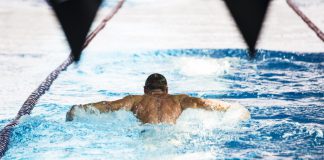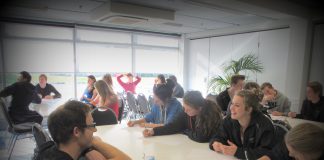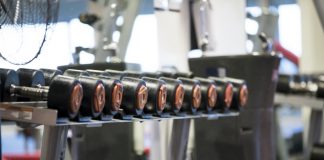Resting is not something Kiwis tend to be very good at. It is considered a waste of time, dramatic, soft – even though we know, in theory, it is probably good for us. After an injury, be it traumatic or insidious in onset, rest is often something that is prescribed. So let’s highlight a few key points about rest.
Bed rest is not a thing anymore. Even post-operative rest does not include lying in bed for days on end. Bed rest used to be prescribed for acute low back injuries until research proved those people took longer to recover and were more likely to develop chronic pain. ACC guidelines for this injury now stipulate to keep moving and stay on your feet. This is the case for most injuries.
If it doesn’t hurt anymore, it doesn’t mean it is better. Rest is not necessarily over when your injury is not sore anymore. An injury that made you limp when you walked may no longer hurt just strolling, but running could certainly bring it back again. Assessing your pain using an activity that stresses your injury site in a controlled manner (hopping, push ups) is far better than returning to the original aggravating activity and risking further damage.
Rest does not mean you can’t or shouldn’t do anything. We commonly use a term called “relative rest”. This means rest from your aggravating activities, but we often encourage you to continue doing something else active. This may mean that you do all the movements at your injury site that do not produce your pain – for example, a back injury might not like bending and picking something up or sitting for long periods but walking, standing, swimming might be fine. It could mean you rest from some activities while you do your rehab exercises. This may also mean that you cannot perform your sport for a period of time, like running, but you can do others instead to maintain your fitness and aid your recovery, like swimming or cycling.
The amount and type of rest you need will depend on which stage of your injury you are at. If you rolled your ankle yesterday, this rest will differ very much from the type of rest your physio will recommend if you injured your ankle three months ago. The acute inflammatory phase of an injury demands RICE management for optimal recovery, while persisting symptoms in an injury well out of this stage will require more active methods of rest.
Injury is sustained by loading tissues of the body beyond their capacity. Rest is often the easiest, fastest and cheapest way to recover from an injury. Sometimes, due to travel, work, children, or competitions, it is not realistic and this is when a little creativity with your physio might be necessary. If you are unsure about how to manage your injury, it’s time to come and see one of us at Healthzone Physiotherapy.






































